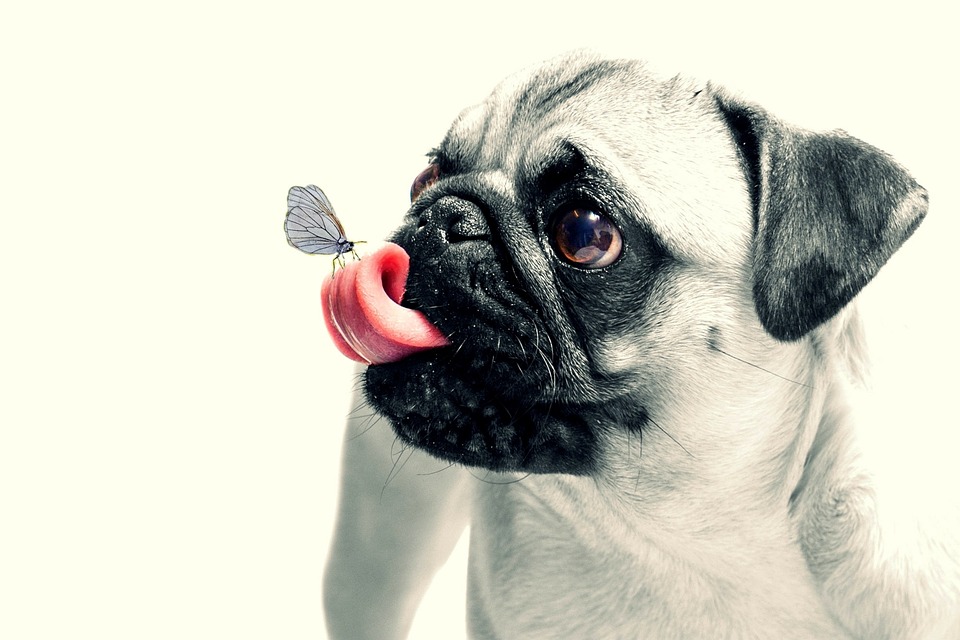Introduction:
Taking care of your pet’s skin and coat is essential for their overall health and well-being. A shiny and healthy coat not only enhances their appearance but also indicates their internal health. In this ultimate guide, we will provide you with expert tips and advice on how to maintain your furry friend’s skin and coat, ensuring they stay happy and healthy for years to come.
I. Understanding the Basics of Skin and Coat Care:
A. Importance of a Healthy Skin and Coat: A healthy skin and coat are crucial for your pet’s well-being as they provide protection against external elements and regulate body temperature.
B. Common Skin and Coat Problems in Pets: Understanding common issues such as dry skin, dandruff, hot spots, and allergies will help you identify and address them promptly.
C. Factors Affecting Skin and Coat Health: Factors like nutrition, grooming, environmental conditions, and genetics play a significant role in maintaining a healthy skin and coat.
II. Diet and Nutrition:
A. Essential Nutrients for Skin and Coat Health: Omega-3 fatty acids, protein, vitamins, and minerals are essential for a healthy skin and coat. Incorporate these nutrients into your pet’s diet through high-quality pet food.
B. Choosing the Right Pet Food: Look for pet food that contains quality ingredients, is free from fillers and artificial additives, and meets your pet’s specific dietary needs.
C. Supplements for Skin and Coat Support: Consult with your veterinarian about supplements like fish oil or biotin that can promote skin and coat health.
III. Regular Grooming:
A. Brushing and Bathing Techniques: Regular brushing helps remove loose hair, prevents matting, and stimulates the production of natural oils. Learn proper bathing techniques to avoid drying out your pet’s skin.
B. Selecting the Right Grooming Tools: Different breeds require different grooming tools. Invest in brushes, combs, and shampoos that are suitable for your pet’s coat type.
C. Importance of Regular Nail Trimming: Neglected nails can cause discomfort and even affect your pet’s posture. Regular nail trimming is crucial for their overall health.
IV. Environmental Factors:
A. Protecting Your Pet from Harsh Weather Conditions: Extreme temperatures, sun exposure, and dry air can have adverse effects on your pet’s skin and coat. Take necessary precautions to protect them.
B. Avoiding Allergens and Irritants: Identify common allergens and irritants that can cause skin issues in your pet and take steps to minimize their exposure.
C. Preventing Parasite Infestations: Parasites like fleas and ticks can lead to skin problems and discomfort. Use preventive measures and consult your veterinarian for appropriate treatments.
V. Addressing Skin and Coat Issues:
A. Identifying and Treating Common Skin Problems: Learn to recognize symptoms of skin issues like infections, rashes, and hot spots. Seek veterinary care for proper diagnosis and treatment.
B. Dealing with Excessive Shedding: Excessive shedding can be managed through regular brushing, a balanced diet, and addressing any underlying health issues.
C. Managing Allergies and Itchy Skin: Allergies can cause itching, redness, and discomfort. Work with your veterinarian to identify triggers and develop an appropriate treatment plan.
VI. Professional Care:
A. Regular Veterinary Check-ups: Regular visits to the veterinarian ensure any potential skin and coat issues are detected early and treated promptly.
B. Professional Grooming Services: Professional groomers have the expertise to provide specialized care for your pet’s skin and coat.
C. Consulting a Veterinary Dermatologist: In complex cases or chronic skin conditions, consulting a veterinary dermatologist can provide specialized care and treatment options.
VII. FAQs:
1. How often should I bathe my pet?
2. Are there any specific breeds that require extra skin and coat care?
3. Can I use human shampoo on my pet?
4. How can I prevent my pet from developing skin allergies?
5. What should I do if I notice excessive hair loss in my pet?
Conclusion:
By following the tips outlined in this ultimate guide, you can ensure that your pet maintains a healthy skin and coat. Remember, a well-groomed pet not only looks great but also enjoys better overall health. If you have any questions or concerns about your pet’s skin and coat, don’t hesitate to consult with a veterinarian or a professional grooming expert. Take the necessary steps to care for your pet’s skin and coat, and they will thank you with endless love and affection.









